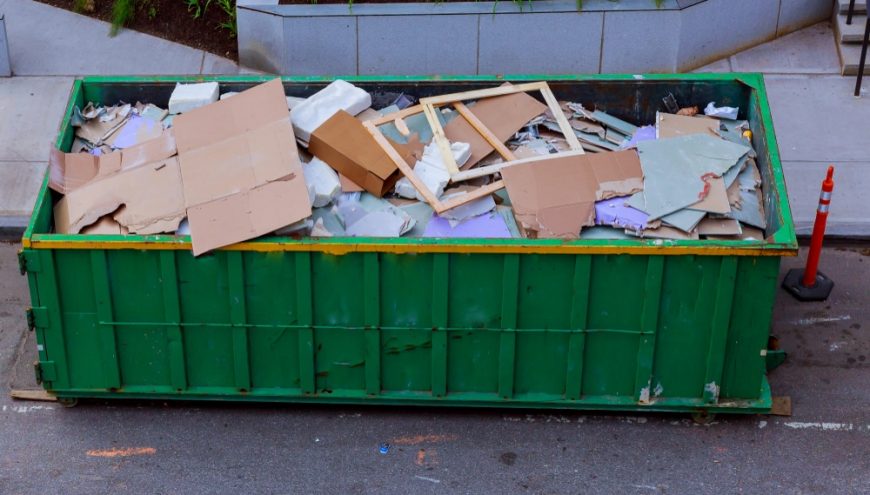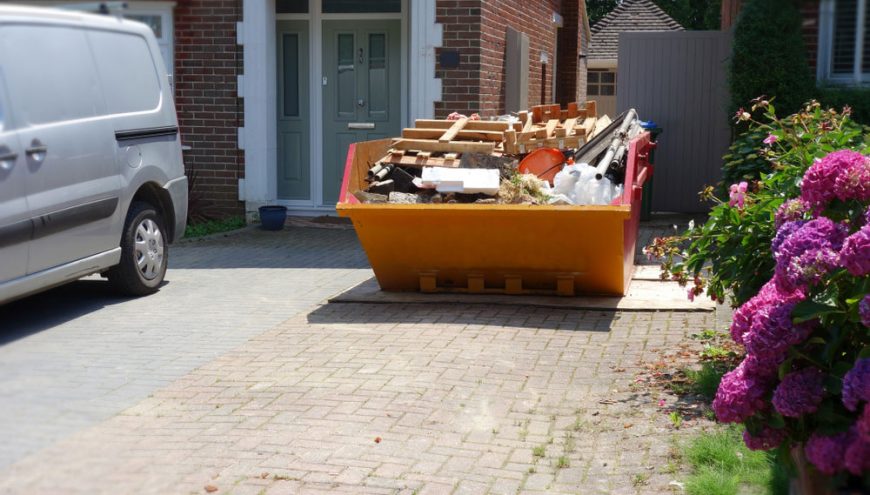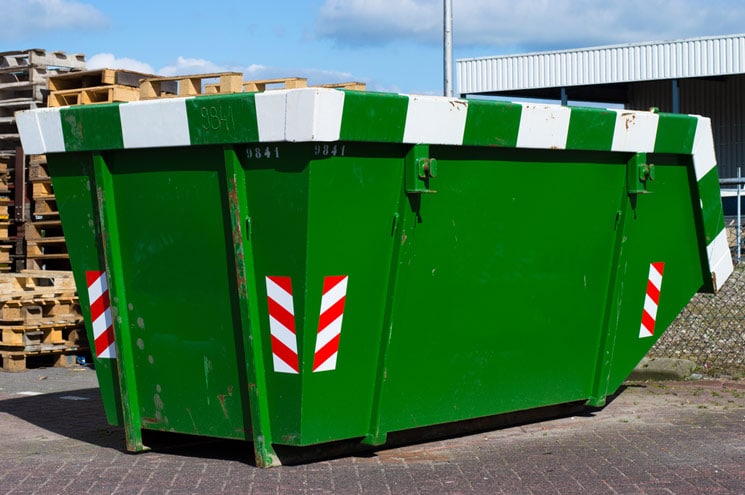Waste management as a term refers to the actions and processes which collect, transport, treat, monitor, and dispose of waste ; we can even broaden this definition to include the regulation and legislation of waste. These processes can seem complex at first glance – but gaining a greater understanding of waste management helps you recognise how waste accumulates, letting you manage your own waste more efficiently. With this in mind, here are some of the basic ideas surrounding waste management, including the challenges this field faces.
1. Waste Hierarchy
The Waste Hierarchy is a ranking system that sets out the preferable order of waste management actions by knowing what we can and cannot put garbages in a trash bin, as this determines the most efficient actions you can take when handling waste. The top of this inverted pyramid is ‘prevention’, where people act to prevent an item from becoming waste, such as by using fewer materials or avoiding unnecessary ones. At the bottom is ‘disposal’ – where the only available course of action is to dispose of the item at a landfill. Following this system allows everyone to gain the most from their products, while also reducing overall waste generation.
2. Resource Efficiency
By maximising resources, manufacturers can create more efficient products which improve the planet’s overall production and consumption processes. Globally, our use of resources isn’t as effective as it could be, meaning the current approach is unsustainable in the long term, especially for non-renewable resources. Businesses and even individuals can do much to help resource efficiency, such as by conserving energy and water, buying recyclable products whenever possible, and limiting waste when preparing food. There are many small changes that may have a big overall impact when combined.
3. Product Life Cycle
A core tenet of waste management is looking at a product’s life cycle and using this to determine if there’s any way to streamline its stages, which usually include planning, manufacturing, distribution, use, reuse, reduction, recycling, and disposal. Manufacturers especially can interrogate how to make each stage more efficient – such as by using eco-friendly packaging or shipping. Newer versions of the same product may have specific changes to the design which rely less upon certain raw materials.
4. Common Challenges
Waste management itself can be quite challenging, we want to minimise the waste in our area but if people can understand the impact their actions have, they may change their own behaviour for the better and have a tangible positive effect on the environment at large. However, waste management problems still exist; Australia produces over 2.5 million tonnes of plastic a year, and sends over 80% of it to landfill, for example. These landfills can emit toxic gas and leak their contents into nearby water sources. Without better education on the topic, and without massive budget increases, local councils may not be able to make the necessary changes for a sustainable future.
Though waste management may seem like a complicated field, even a cursory understanding can equip you for a greener lifestyle. At Brisbane Skip Bin Hire, we are passionate about the environment, and make sure that we dispose of waste efficiently; we only send something to a landfill when there’s no alternative. For more on our green collection practices and a free quote, contact us today.




